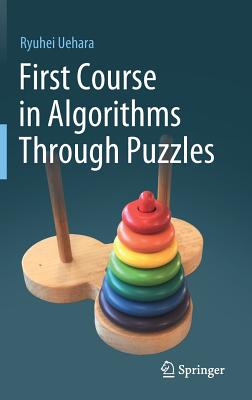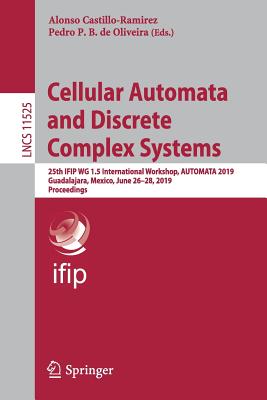What Algorithms Want: Imagination in the Age of Computing (The MIT Press)
暫譯: 演算法的渴望:計算時代的想像力 (麻省理工學院出版社)
Ed Finn
- 出版商: Summit Valley Press
- 出版日期: 2018-10-09
- 售價: $1,940
- 貴賓價: 9.8 折 $1,901
- 語言: 英文
- 頁數: 266
- 裝訂: Paperback
- ISBN: 0262536048
- ISBN-13: 9780262536042
-
相關分類:
Algorithms-data-structures
海外代購書籍(需單獨結帳)
商品描述
The gap between theoretical ideas and messy reality, as seen in Neal Stephenson, Adam Smith, and Star Trek.
We depend on―we believe in―algorithms to help us get a ride, choose which book to buy, execute a mathematical proof. It's as if we think of code as a magic spell, an incantation to reveal what we need to know and even what we want. Humans have always believed that certain invocations―the marriage vow, the shaman's curse―do not merely describe the world but make it. Computation casts a cultural shadow that is shaped by this long tradition of magical thinking. In this book, Ed Finn considers how the algorithm―in practical terms, “a method for solving a problem”―has its roots not only in mathematical logic but also in cybernetics, philosophy, and magical thinking.
Finn argues that the algorithm deploys concepts from the idealized space of computation in a messy reality, with unpredictable and sometimes fascinating results. Drawing on sources that range from Neal Stephenson's Snow Crash to Diderot's Encyclopédie, from Adam Smith to the Star Trek computer, Finn explores the gap between theoretical ideas and pragmatic instructions. He examines the development of intelligent assistants like Siri, the rise of algorithmic aesthetics at Netflix, Ian Bogost's satiric Facebook game Cow Clicker, and the revolutionary economics of Bitcoin. He describes Google's goal of anticipating our questions, Uber's cartoon maps and black box accounting, and what Facebook tells us about programmable value, among other things.
If we want to understand the gap between abstraction and messy reality, Finn argues, we need to build a model of “algorithmic reading” and scholarship that attends to process, spearheading a new experimental humanities.
商品描述(中文翻譯)
《理論觀念與混亂現實之間的鴻溝,正如尼爾·史蒂芬森、亞當·史密斯和《星際迷航》中所見。》
我們依賴於——我們相信——算法來幫助我們叫車、選擇購買的書籍、執行數學證明。這就像我們將程式碼視為一種魔法咒語,一種揭示我們需要知道的事物甚至是我們想要的事物的咒語。人類一直相信某些咒語——婚姻誓言、薩滿的詛咒——不僅僅是描述世界,而是創造世界。計算帶來了一種文化陰影,這種陰影受到這種長期魔法思維傳統的影響。在這本書中,艾德·芬恩考慮到算法——在實際上是“解決問題的方法”——的根源不僅在於數學邏輯,還在於控制論、哲學和魔法思維。
芬恩主張,算法在混亂的現實中運用來自理想化計算空間的概念,並產生不可預測且有時引人入勝的結果。從尼爾·史蒂芬森的《雪崩》到迪德羅的《百科全書》,從亞當·史密斯到《星際迷航》的電腦,芬恩探討了理論觀念與實用指令之間的鴻溝。他檢視了智能助手如Siri的發展、Netflix上算法美學的興起、伊恩·博戈斯特的諷刺Facebook遊戲《牛點擊者》,以及比特幣的革命性經濟學。他描述了谷歌預測我們問題的目標、Uber的卡通地圖和黑箱會計,以及Facebook告訴我們的可編程價值等其他事物。
如果我們想理解抽象與混亂現實之間的鴻溝,芬恩主張,我們需要建立一個“算法閱讀”與學術的模型,關注過程,開創一個新的實驗人文學科。
















